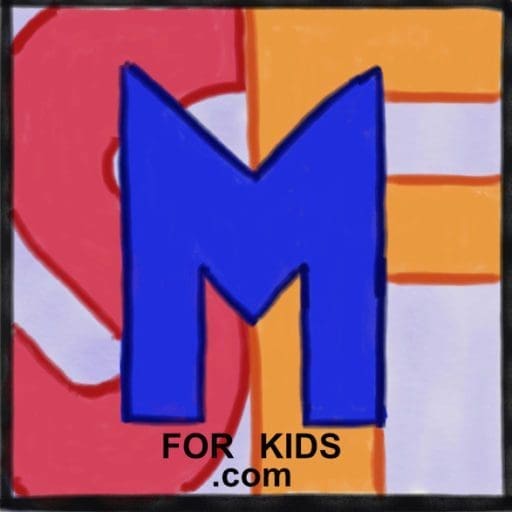Why is learning to use related facts and number relationships to solve single-digit problems so important? The short answer is it helps children develop necessary knowledge for mental math down the road. Thanks to Nelly Boyd from Counting With Kids ...
- Home
- |
- Category: Learning
